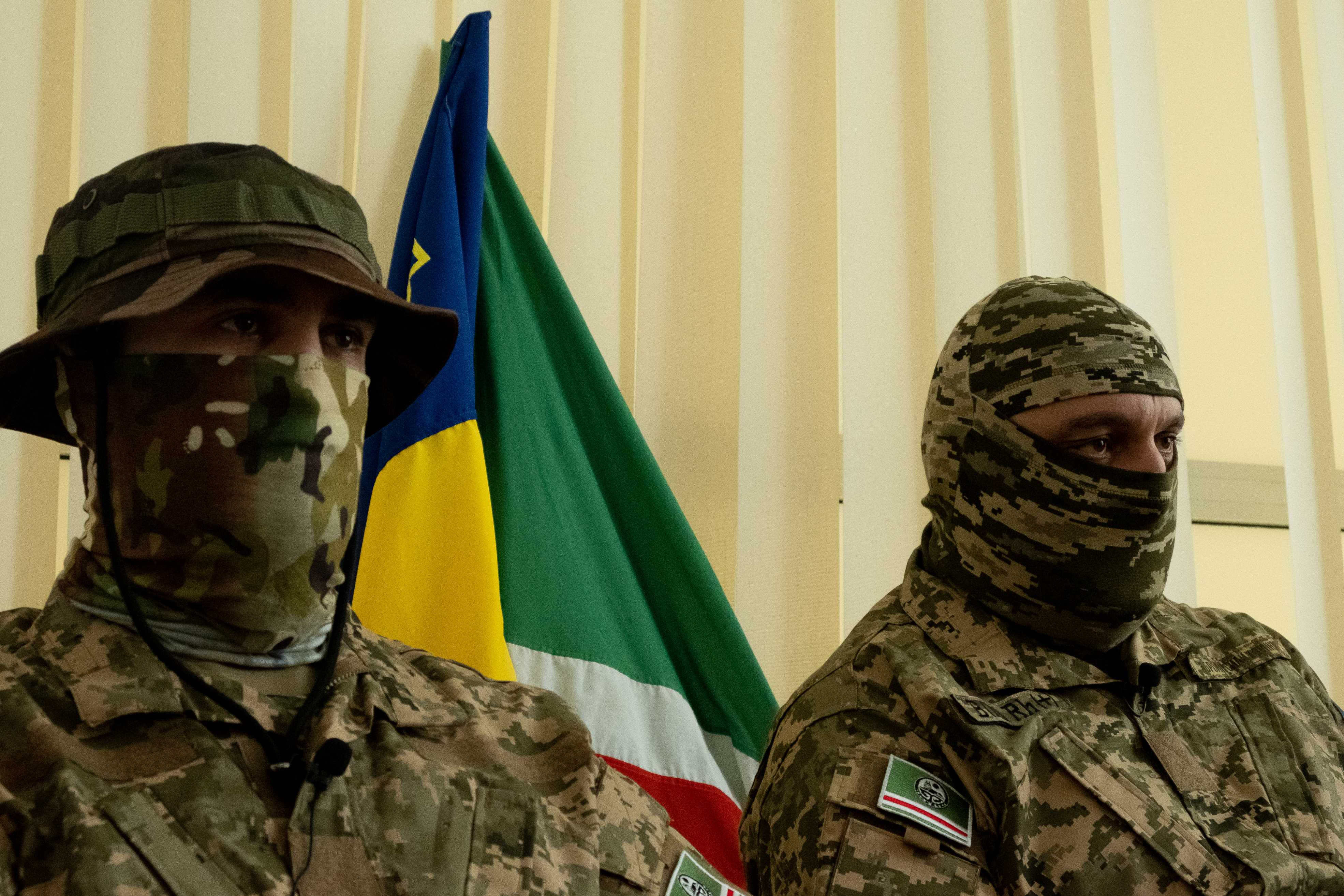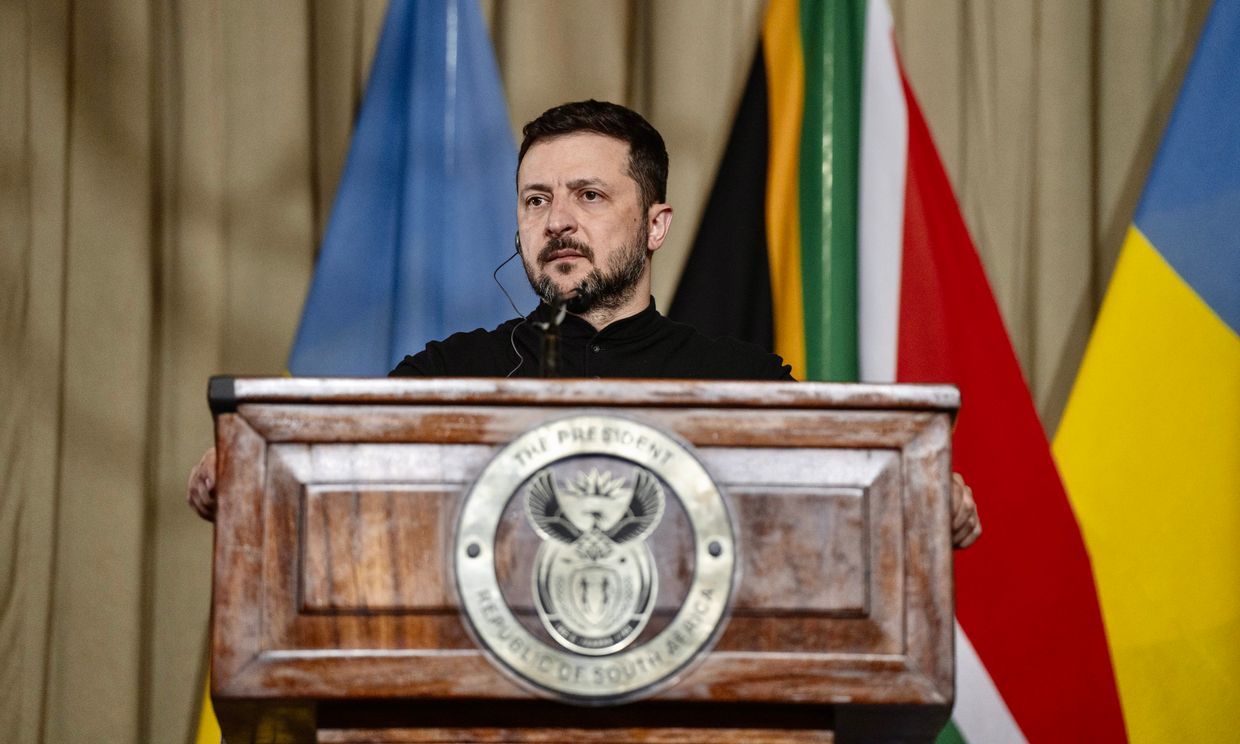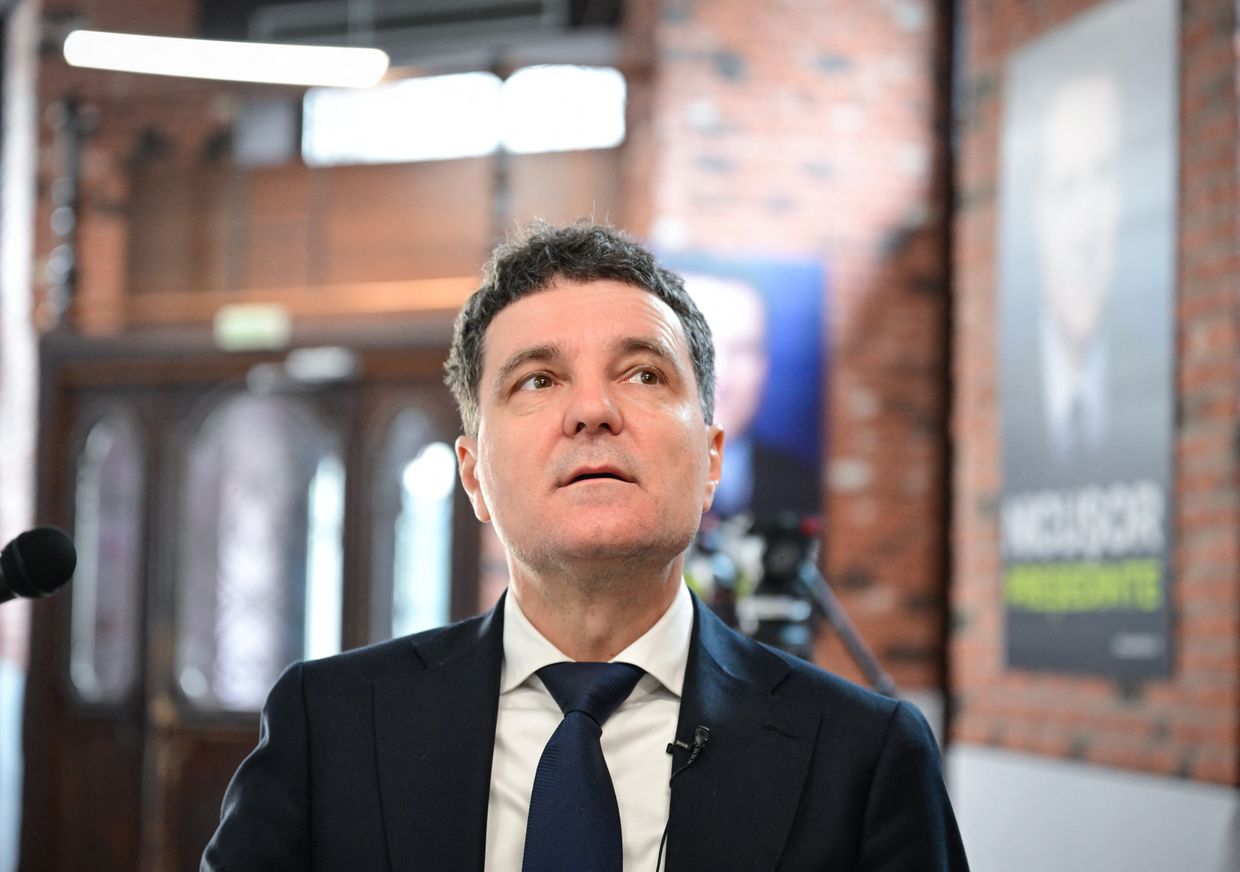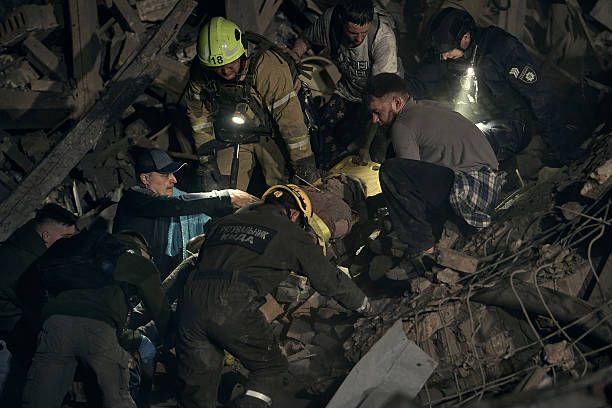A team of Polish and Ukrainian researchers on April 24 began exhuming Polish victims of the World War II-era Volyn massacres in what is today western Ukraine, the Polish media reported.
Forensic experts, archeologists, and geneticists began their work at 9 a.m. local time at the site of the destroyed Puzhnyky (Puzniki in Polish) village in Ternopil Oblast.
This is the first such exhumation since 2017, when Ukraine imposed a moratorium in response to the destruction of Ukrainian Insurgent Army (UPA) memorials in Poland.
The Volyn massacres, which peaked in 1943-1944, took place in the Nazi-occupied territory of what is now western Ukraine during World War II. UPA members killed tens of thousands of Poles, while thousands of Ukrainians were killed in retaliation.
The massacre represents one of the most painful chapters of the Polish-Ukrainian history and has continued to strain mutual relations to this day.
UPA fighters are believed to have killed between 50 and 120 Poles in Puzhnyky overnight on Feb. 13, 1945. The settlement no longer exists, and the area has been overgrown with vegetation, but close to 80 victims may remain buried here.
The research team includes Polish experts from the Freedom and Democracy Foundation, the Pomeranian Medical University, and the Institute of National Remembrance, as well as Ukrainian researchers from the Society of Volyn Antiquities.
Maciej Wrobel, state secretary at the Polish Culture Ministry, told Polsat News that the goal is to identify the victims and ensure dignified burial. He also said that the work is complicated by Russia's ongoing war against Ukraine, and warned against possible Russian disinformation operations.
In recent months, the Polish and Ukrainian governments have made efforts to resolve the issue of the Volyn exhumations, with Poland's Prime Minister Donald Tusk announcing a "breakthrough" in January.
Multiple Polish government and opposition officials have said that Warsaw would block Ukraine's entry into the EU and NATO unless the matter is resolved.
Chechen scholar: Russia’s cowardly violence in Ukraine is driven by desperation
For most people today, the word Chechnya immediately brings to mind Ramzan Kadyrov, the authoritarian leader who governs the region as a loyal vassal of Vladimir Putin. It evokes images of a turbulent, fear-stricken state at the mercy of the Kremlin’s whims. Yet, Chechnya’s story is far more


.png)
 German (DE)
German (DE)  English (US)
English (US)  Spanish (ES)
Spanish (ES)  French (FR)
French (FR)  Hindi (IN)
Hindi (IN)  Italian (IT)
Italian (IT)  Russian (RU)
Russian (RU)  6 hours ago
3
6 hours ago
3









Comments